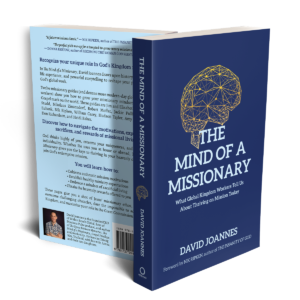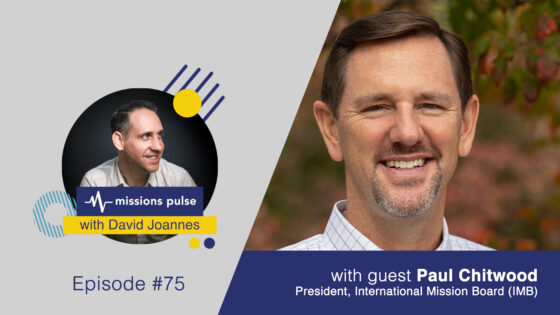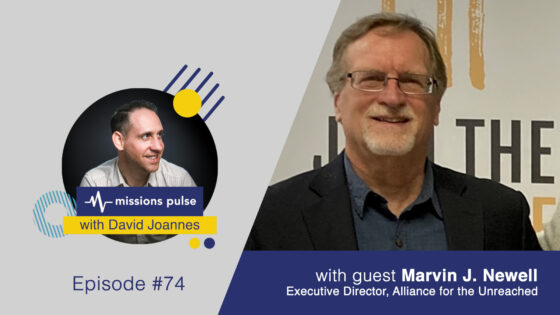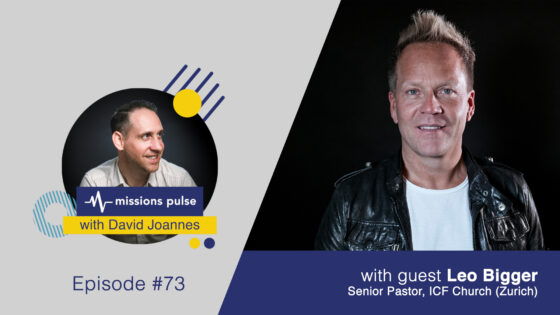Global Kingdom workers: Jim & Elisabeth Elliot
Role in The Mind of a Missionary: The Elliots (and the Ecuador Five) show a strong compassion for the lost through their radical commitment to reach the Huaorani people of Ecuador. They appear in section one: Motivations, chapter one: Compassion for the Lost.
Dates: October 8, 1927—January 8, 1956 (Jim); December 21, 1926—June 15, 2015
Location of missions work: Ecuador
Known for: Jim Elliot was an evangelical Christian who was one of five missionaries killed while participating in Operation Auca, an attempt to evangelize the Huaorani people of Ecuador. Elisabeth Elliot was a Christian author and speaker. Her first husband, Jim Elliot, was killed in 1956 while attempting to make missionary contact with the Auca of eastern Ecuador.
Famous quotes: “He is no fool who gives what he cannot keep to gain that which he cannot lose.”1
“God always gives His best to those who leave the choice with Him.”
“The growth of all living green things wonderfully represents the process of receiving and relinquishing, gaining and losing, living and dying… The truth is that it is ours to thank Him for and ours to offer back to Him, ours to relinquish, ours to lose, ours to let go of—if we want to find our true selves, if we want real life, if our hearts are set on glory.”2
In The Mind of a Missionary, section one: Motivations, chapter one: Compassion for the Lost, you will witness the power of God on display through the martyrdom of five missionary men whose sacrifice transformed an entire people group. You will be inspired as you watch Elisabeth Elliot bring the Gospel to the very men who murdered her husband. You will read about intrinsic and extrinsic motivation, a mind controlled by the Spirit, and how compassion for the lost is a major drive of modern-day missionaries.
The world is full of desperate brokenness and hopeless need. If we desire to see long-term impact, our missionary endeavors require less superficial barnstorms and more strategically focused efforts.3
Five days before the fateful hour when the sting of tragedy would be felt around the world on January 8, 1956, a Piper PA-14 airplane circled the jungles of eastern Ecuador. The humid atmosphere threatened rain from low-lying clouds. Above the thick fog, the yellow propeller plane soared in sunlight, casting its ominous shadow over a blanket of mist.
Patches between the fog revealed the serpentine Curaray River that snaked across the landscape below, splitting the thick overgrowth with its zigzagging trickle. Twenty-eight-year-old Jim Elliot surveyed the verdant rain forest in search for primitive villages: the hutted homes of the Huaorani tribespeople. This unreached people group was the focus of Elliot and his band of brothers who sought to evangelize the tribe. Their missional attempt was called Operation Auca.
Fellow missionaries, Ed McCully, Roger Youderian, Pete Fleming, and their pilot, Nate Saint, accompanied Jim Elliot. The “Ecuador Five,” as they came to be known, had already made contact with the Huaorani tribe (also called the “Auca,” a pejorative word meaning “savage”). This group of Ecuadorian indigenous people were considered violent and dangerous to outsiders. For weeks, Elliot and his counterparts announced their aerial presence by loudspeaker, calling out, “I like you! I like you!” They passed out gifts (trousers, shirts, machetes, cooked fish, packets of peanuts, two squirrels, one parrot, two bananas, and a smoked monkey tail, amongst other things) in hopes that the stone-age Auca would come to welcome their regular visits.
In every age and from every corner of the earth, people are desperately in need of a hero. They are looking for a man whose motives are altruistic or a woman whose purposes dwarf the status quo. People need an invitation into a heroic story, one which identifies a necessary ambition, reveals the obstacles that keep them from achieving that ambition, and helps them overcome those hindrances.4
We continue the story by exploring the mindset controlled by the Spirit of God. We look at the intrinsic and extrinsic motivations in the human mind—how an innate, altruistic drive contrasts with external forces. Edward Deci’s Self-determination theory comes into play, as do the works of Daniel H. Pink and Dr. Caroline Leaf. We look at the scriptural basis of compassion for the lost in global missions motivation. We see Jesus’ example of radical compassion and hear Paul’s encouragement to walk by the Spirit. The thoughts of missionaries like Amy Carmichael, James Calvert, and the Ecuador Five blend with the opinions of modern-day global Kingdom workers.
Only when our spirits are aligned with God’s deepest desires do we cease struggling, surrender to His will, and thrive in the purpose He created us for.5
We were made to worship, and worship is more than Sunday morning singing. It is our whole selves surrendered to God’s will. Our active participation in His work is simply the outcome of a life abandoned to the service of God.6
The narrative continues by revealing how the underlying motivation of compassion for the lost compels missionaries to take the Gospel to places it has never gone before. Chapter one of The Mind of a Missionary compels you to draw near to the heart of Christ so that you too might thrive on mission today with an altruistic compassion for the world.
The love of God compels us to trust His sovereignty, dare the impossible, and walk in the power of the Holy Spirit.7
The Mind of a Missionary: What Global Kingdom Workers Tell Us About Thriving on Mission Today by David Joannes
Books/resources:
Through Gates of Splendor by Elisabeth Elliot
Other books by Elisabeth Elliot
Books/resources referenced in chapter one of The Mind of a Missionary:
LIFE Magazine, Go Ye and Preach the Gospel: Five Do and Die, January 30, 1956
Switch on Your Brain: The Key to Peak Happiness, Thinking, and Health by Dr. Caroline Leaf
Effects of Externally Mediated Rewards on Intrinsic Motivation by Edward L. Deci
Drive: The Surprising Truth About What Motivates Us by Daniel H. Pink
Mission Smart: 15 Critical Questions to Ask Before Launching Overseas by David Frazier
If you like The Mind of a Missionary, you’ll love the companion devotional. Pick up your copy today!
- Jim Elliot, October 28, 1949 journal entry
- Elisabeth Elliot, Passion and Purity, pages 162-165, Grand Rapids: Fleming H. Revell, 1984
- David Joannes, The Mind of a Missionary: What Global Kingdom Workers Tell Us About Thriving on Mission Today, chapter one: Compassion for the Lost
- David Joannes, The Mind of a Missionary: What Global Kingdom Workers Tell Us About Thriving on Mission Today, chapter one: Compassion for the Lost
- David Joannes, The Mind of a Missionary: What Global Kingdom Workers Tell Us About Thriving on Mission Today, chapter one: Compassion for the Lost
- David Joannes, The Mind of a Missionary: What Global Kingdom Workers Tell Us About Thriving on Mission Today, chapter one: Compassion for the Lost
- David Joannes, The Mind of a Missionary: What Global Kingdom Workers Tell Us About Thriving on Mission Today, chapter one: Compassion for the Lost

















